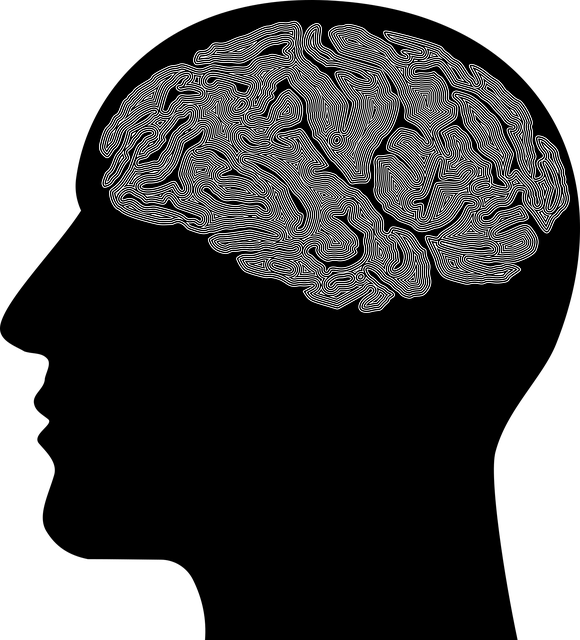Lakewood Terminal Illness Therapy (LITI) focuses on building resilience in patients through RFM (Recovery, Flexibility, Mastery) exercises that target recovery from adversity, flexibility in stressful situations, and control over thoughts and actions. This structured approach, combining evidence-based practices, community support, and personalized interventions based on risk factors, frequency of engagement, and patient motivations, empowers individuals to manage symptoms, reduce anxiety, and improve overall well-being, particularly in the face of terminal illnesses. The RFM framework encourages consistent therapy participation, fostering resilience and enhancing care outcomes for terminally ill patients.
“Lakewood Terminal Illness Therapy is transforming patient care through the innovative implementation of RFM (Resilience, Flexibility, and Mobilization) exercises. This article explores how RFM enhances coping mechanisms and overall well-being for terminally ill patients. By delving into specific resilience-building strategies, we uncover their profound impact on navigating challenging health journeys. Through case studies and expert insights, we demonstrate how Lakewood’s approach empowers individuals to embrace strength and adaptability.”
- Understanding RFM and Its Role in Resilience Building
- Implementing Exercises for Strengthening Resilience at Lakewood Terminal Illness Therapy
- The Impact of RFM on Patients' Coping Mechanisms and Well-being
Understanding RFM and Its Role in Resilience Building

Resilience is a powerful tool for navigating life’s challenges, and RFM (Recovery, Flexibility, and Mastery) exercises play a pivotal role in cultivating it. This approach focuses on three core dimensions: recovery from adversity, flexibility in response to stress, and mastery over one’s thoughts and actions. By understanding these concepts, individuals can enhance their ability to bounce back from setbacks and lead more fulfilling lives.
In the context of Lakewood Terminal Illness Therapy, RFM exercises are tailored to support patients in managing symptoms, reducing anxiety (an essential aspect of stress management workshops offered by organizations like ours), and improving overall well-being. The community outreach program implementation of these techniques empowers individuals to build mental fortitude, fostering a sense of control during difficult times. This is particularly relevant for those facing terminal illnesses, as it helps them adapt and maintain a sense of normalcy, thereby enhancing their quality of life.
Implementing Exercises for Strengthening Resilience at Lakewood Terminal Illness Therapy

At Lakewood Terminal Illness Therapy (LITI), we recognize that building resilience is a vital component in supporting patients navigating the challenges of terminal illness. Our implementation of structured exercises goes beyond traditional therapy, focusing on empowering individuals to cope with stress and difficult emotions. Through tailored activities, we aim to strengthen their mental fortitude, enabling them to adapt and thrive during this transformative journey.
The resilience-building exercises at LITI are meticulously designed to address various aspects of well-being, including Mood Management and Trauma Support Services. These sessions encourage patients to explore healthy coping mechanisms, fostering a sense of control and empowerment. By integrating evidence-based practices and leveraging the power of community support, we aim to enhance their overall quality of life. Additionally, our dedicated therapists facilitate these exercises, ensuring a safe space for participants to share experiences and learn from one another, thereby creating a powerful network of support within the terminal illness community.
The Impact of RFM on Patients' Coping Mechanisms and Well-being

The implementation of RFM (Risk, Frequency, and Motivation) analysis in therapy sessions has been shown to significantly enhance patients’ coping mechanisms and overall well-being. By understanding an individual’s risk factors, the frequency of their therapeutic engagement, and their underlying motivations, healthcare professionals can tailor interventions more effectively. This approach is particularly beneficial for patients navigating terminal illnesses at Lakewood Terminal Illness Therapy, where managing emotional distress and improving quality of life are paramount.
RFM analysis empowers patients to develop robust coping skills, including mindfulness meditation practices, which have been scientifically proven to reduce anxiety and depression. The structured framework of this method encourages consistent engagement in therapeutic activities, fostering a sense of resilience that can help individuals cope with the challenges posed by serious health conditions. As part of comprehensive risk management planning for mental health professionals, RFM offers valuable insights into patient progress, allowing for timely adjustments to treatment strategies and enhancing the overall effectiveness of care.
The implementation of RFM (Resilience, Flexibility, and Mastery) exercises at Lakewood Terminal Illness Therapy has demonstrated significant benefits for patients’ coping mechanisms and overall well-being. By integrating these resilience-building activities, Lakewood Terminal Illness Therapy has created a supportive environment that empowers individuals to navigate challenging situations with greater ease. This approach not only enhances the patient experience but also fosters a deeper sense of control and resilience, ensuring a more positive journey through illness.














